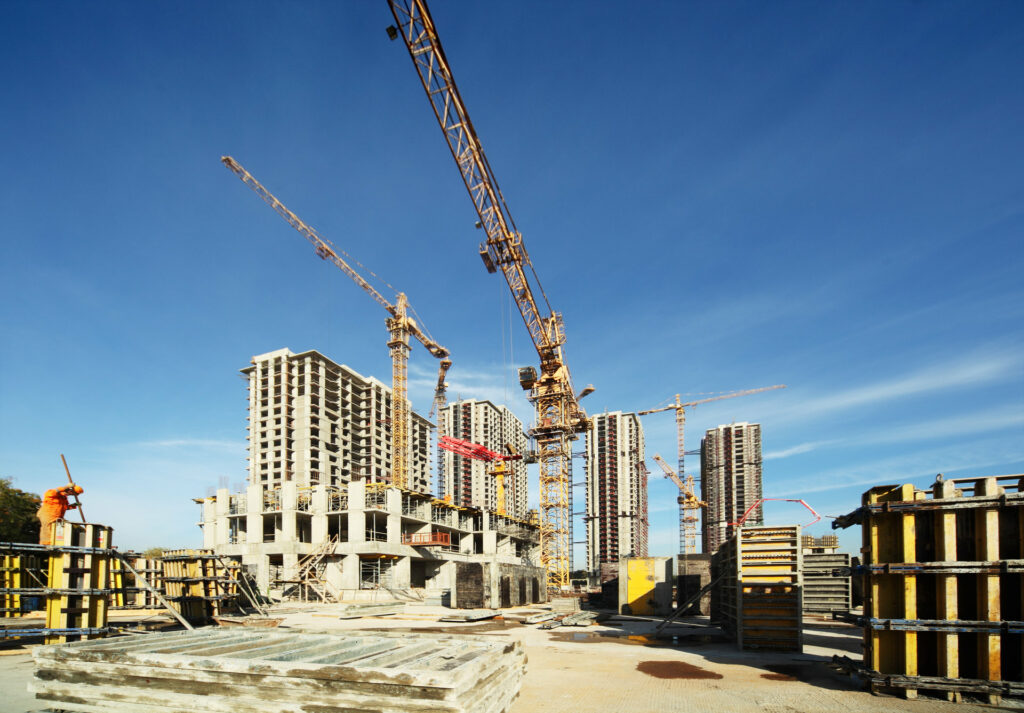
Industrial construction refers to the process of planning, designing, and building structures and facilities specifically tailored for industrial activities and operations. These structures are intended to house manufacturing processes, storage, and distribution of goods, as well as other industrial functions. Industrial construction projects vary widely in scale and purpose, encompassing facilities for various industries such as manufacturing, energy, petrochemicals, and more.
Key components of industrial construction include:
- Manufacturing Plants: Construction of facilities where raw materials are processed, transformed, and assembled into finished products.
- Warehouses and Distribution Centers: Building structures for the storage and distribution of goods and materials.
- Power Plants: Constructing facilities for the generation of electrical power, including coal, gas, nuclear, and renewable energy plants.
- Chemical Processing Plants: Building facilities for the production of chemicals and petrochemicals.
- Refineries: Construction of facilities that refine raw materials, such as oil refineries that process crude oil into various petroleum products.
- Research and Development Facilities: Creating spaces for industrial research, innovation, and development.
- Food Processing Plants: Constructing facilities for the processing and packaging of food products.
- Heavy Equipment and Machinery Facilities: Building spaces for the manufacturing and assembly of heavy machinery and equipment.